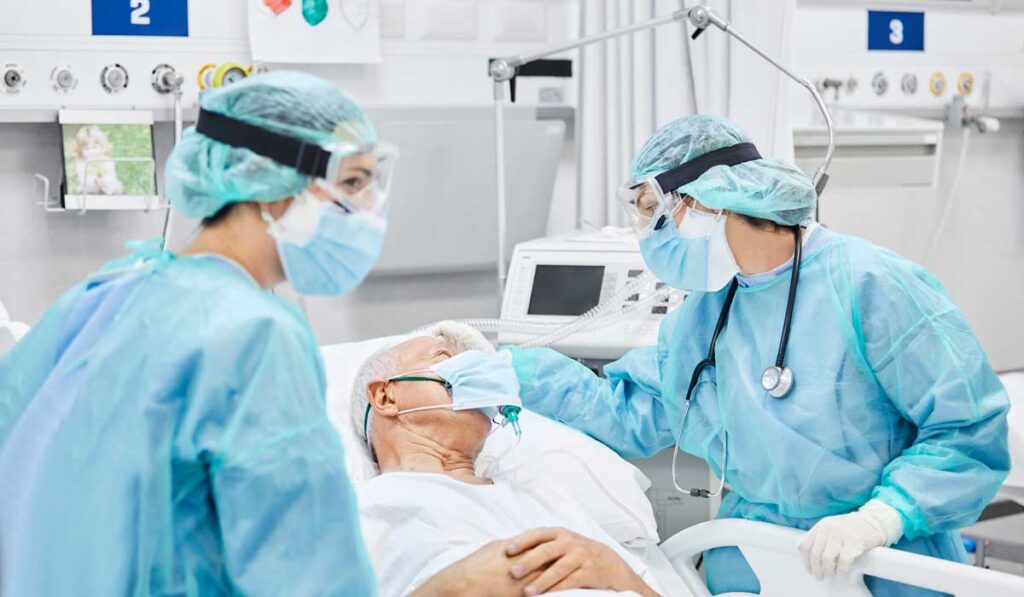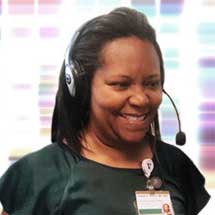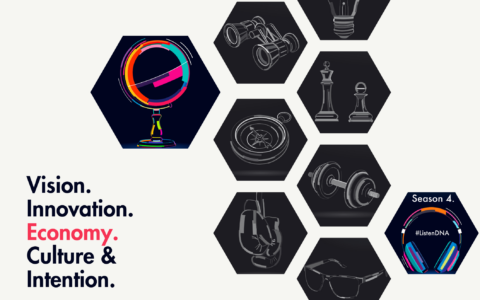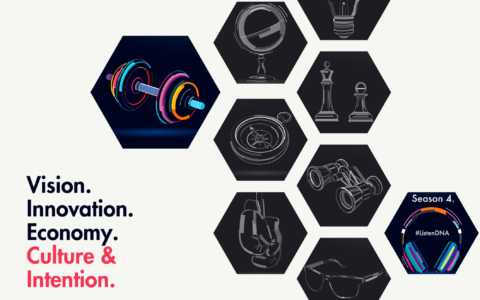Trying to make sense of COVID-19’s toll is a nearly overwhelming task. In its short existence, the new coronavirus has upended almost all facets of life — in almost every corner of the globe.
In the U.S., it’s clear that COVID-19 marks a shift. The pandemic is revealing discrepancies in how modern institutions respond to a health crisis that strikes both indiscriminately and disproportionately.
Consuelo Wilkins, M.D., Vice President for Health Equity for Vanderbilt University Medical Center (VUMC) and Associate Dean for Health Equity at Vanderbilt University School of Medicine, used data from the electronic health record early in the pandemic’s arrival in Nashville to pinpoint the communities being hardest hit by the disease. In the first 18,000 tests performed at VUMC, those who preferred a language other than English accounted for 5% of the tests, but nearly a fifth of those who were positive for COVID-19.
The pandemic does not hit all communities the same, and priorities for families depend on their circumstances.
‘I don’t know if I will ever again shake somebody’s hand.’
Physicians and researchers face an Everest-sized task: motivating people to change their behaviors while racing to understand the particulars of this new coronavirus.
David Aronoff, M.D., director of the Division of Infectious Disease, realized the only way to slay his mythical dragon was to get people to accept — on a dime — new ways of navigating their lives. (6:07)
“There’s absolutely no question that the COVID-19 pandemic has shifted the globe,” Aronoff said. “I mean, this is really tectonics that we’re talking about here. This is the Black Plague. This is the influenza pandemic of 1918. … This is absolutely changing our way of life. I don’t know if I will ever again shake somebody’s hand, for example. Travel is going to be very different. So, I can’t imagine that this will not leave an indelible mark on just about every facet of our future.” (4:11)
‘Demanding that, we as a profession, find language that makes us relevant’
Overnight, researchers and scientists became a hot commodity in the news cycle. People clamored for ways to stay healthy and for beacons of hope that a treatment or vaccine was waiting.
Minute revelations in science and medicine led chyrons and front pages as people soaked up information about antibodies, ICU delirium and transmission rates.
The necessity of finding ways to explain the disease, as well as safety protocols spotlighted for VUMC CEO and President Jeff Balser, M.D., Ph.D., the urgency of improving how health care and medical experts talk to the public.
“We get used to talking within the profession and we use acronyms that nobody understands,” Balser said. “I think we are being forced to use words and examples and stories and metaphors that anybody can understand. And you know, that’s not dumbing it down. I think that’s smartening it up. … I’m really sort of demanding that, we as a profession, find language that makes us relevant. It’s so important and it’s never been more important.” (8:39)
‘We all just want to get through this.’
Alex Jahangir, M.D., director of Division of Orthopedic Trauma and professor of Orthopedic Surgery, has spent the bulk of 2020 in the public eye talking to Nashville — and its surrounding counties — about the city’s efforts to test, trace and respond to the spread of COVID-19.
As the chair of Nashville’s Metro Board of Public Health, Jahangir was asked to lead the Metro Nashville COVID-19 Task Force. He catapulted from the man who would rush to the operating room to save your life to the man charged with being the public face of a city-wide effort to protect Nashville from COVID-19.
Jahangir wants this to be a lesson for the U.S. to take health threats seriously and be a catalyst for examining systemic, structural issues. (25:10)
He’s not immune to gravity of the era, and how at times he looks to the pillars of his community — family, friends and volunteer efforts — as a reminder of what he’s fighting for.
“I value and greatly appreciate the trust that the people of Nashville have placed in me and I don’t want to ever lose that trust because my interests are same as theirs,” Jahangir said. “I just want to get on with our community and allow us to have the opportunity to get back to our life. I’m raising my kids here. I grew up in this community. My parents live here. We all just want to get through this.” (20:27)








